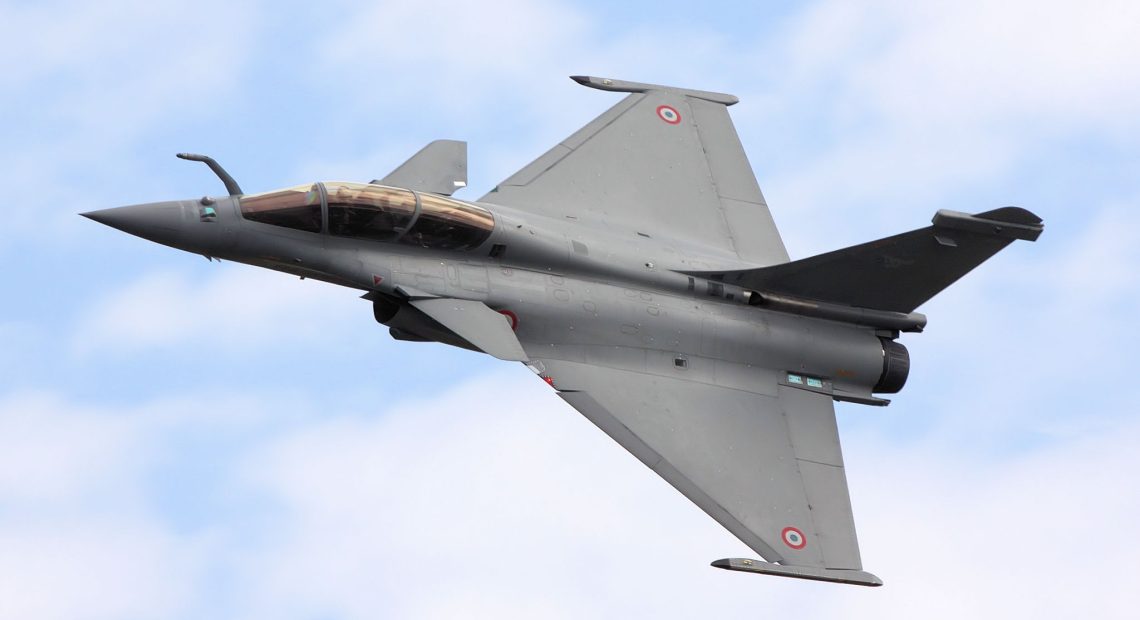
Pakistan Considers Relocating Army HQ to Islamabad After Indian Airstrikes
Following the Indian Air Force’s precision strikes on May 10 under “Operation Sindoor,” Pakistan is reportedly weighing the relocation of its Army General Headquarters (GHQ) from Chaklala in Rawalpindi to Islamabad. The move is being considered in light of growing concerns about the vulnerability of Pakistan’s military nerve center, located in close proximity to the severely damaged Nur Khan Airbase.
Strategic Reassessment After Indian Strikes
India’s strikes were believed to have targeted key Pakistani military infrastructure with high accuracy. The Nur Khan Airbase, situated adjacent to the current GHQ in Chaklala, suffered structural damage that has raised serious alarms within Pakistan’s military establishment. The incident has forced a security reassessment at the highest level.
As a precautionary measure, Pakistan Army Chief General Asim Munir has been relocated to a secure, undisclosed bunker, and high-level security measures have been implemented across the army’s command chain. The incident has shaken the confidence in existing security protocols and revealed gaps in the country’s defensive posture.
Relocation Viewed as Damage Control
Military planners in Pakistan are now actively considering the establishment of a new GHQ in Islamabad, the country’s capital, which offers better protection and strategic depth. The proposed shift is seen as a bid to distance the nerve center of Pakistan’s defense operations from airbases and other high-value assets vulnerable to attack.
Defense observers in India, however, view the move as a tacit admission of vulnerability by the Pakistani establishment. The psychological and strategic impact of India’s operation appears to have created ripples within Pakistan’s military hierarchy, forcing them into reactive measures.
Geopolitical and Strategic Fallout
India’s use of indigenous BrahMos cruise missiles in the strike showcased its advanced targeting capabilities and ability to strike deep into enemy territory with precision. Defense Minister Rajnath Singh praised the success of the operation, calling it a testament to India’s growing defense autonomy and technological edge.
Meanwhile, Pakistan’s overdependence on imported Chinese defense systems is being questioned internally, especially since those systems failed to detect or intercept the Indian missile barrage. The inability to prevent the strikes has led to concerns about the operational readiness of Pakistan’s air defense shield, further fueling urgency for institutional repositioning.
The current developments signal a significant shift in regional military dynamics. With both nations now reassessing their strategies, the subcontinent stands at a critical juncture in defense preparedness and psychological warfare.


















